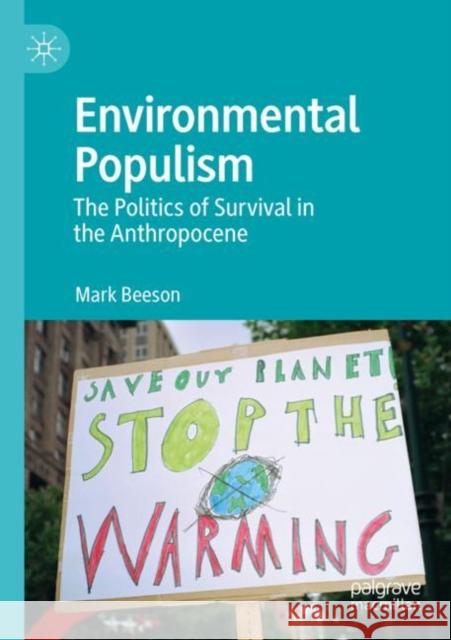Environmental Populism: The Politics of Survival in the Anthropocene » książka
topmenu
Environmental Populism: The Politics of Survival in the Anthropocene
ISBN-13: 9789811374760 / Angielski / Miękka / 2019 / 131 str.
Kategorie BISAC:
Wydawca:
Palgrave MacMillan
Język:
Angielski
ISBN-13:
9789811374760
Rok wydania:
2019
Wydanie:
2019
Ilość stron:
131
Waga:
0.20 kg
Wymiary:
21.01 x 14.81 x 0.86
Oprawa:
Miękka
Wolumenów:
01
Dodatkowe informacje:
Wydanie ilustrowane











